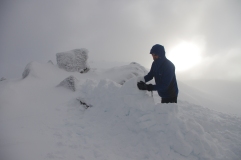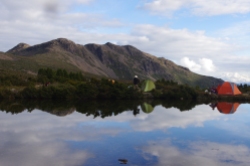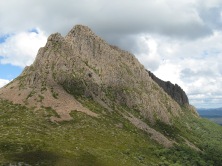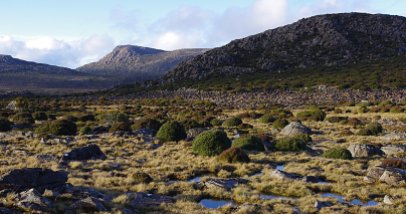We know that the mountains we love are under threat from global warming. Longer fire seasons, less water in the rivers, loss of winter snow. With average global warming of slightly more than 1oC already, we can see what that is doing to snow falls and fire seasons.
With the COP26 climate talks about to get underway in Glasgow, we have a hugely important moment, where we can decide to turn around global warming. If we can’t muster the political will to act decisively, the consequences will be devastating.
Why is this meeting so important?
The Paris Agreement, signed in 2015, committed countries to try to stop warming at 1.5C — but it didn’t commit them to take any specific action when it came to emissions.
First set in 2015, the five-year deadline for the next set of targets was last year. But the meeting was cancelled due to COVID-19.
So this year is crunch time for a set of new and more ambitious targets.
In August, the UN’s Intergovernmental Panel on Climate Change (IPCC) issued its starkest warning yet.
It found that on our current trajectory, we would heat the world by 1.5C by about 2030 — less than a decade from now.
If we don’t act now to implement immediate and deep cuts to carbon emissions, not only will we breach the 1.5C limit, cooling the world to get back down to 1.5C will be increasingly hard.
The key message is:
‘If we act quickly, the IPCC found temperatures could peak at just 1.6C, before dropping again.
The targets countries have set so far will not achieve that’.
The Australian government has been forced to adopt a ‘net zero by 2050’ emissions target because of public opinion. But they are refusing to announce deeper short term targets. Climate scientists agree that what we do now will matter most – not what we may choose to do in a couple of decades.
The talks will run for the next two weeks.
There is a good background on the talks here from the ABC’s Michael Slezak.
Track the debate via the hastags
#COP26
#COP26Glasgow

























































Leave a comment